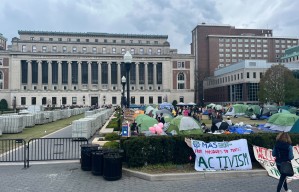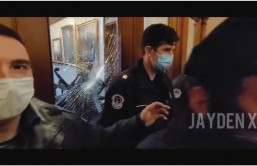Within ten days of the bug's discovery, Tesla Motors have introduced a security upgrade for its electric vehicles following the detection of vulnerabilities that allowed Chinese security researchers to hack a Model S sedan remotely.
Tesla has stated that it was able to address the bugs uncovered by Tencent by using an over-the-air fix to its cars in order to save clients the trouble of visiting dealers to obtain the update.
On its blog, Tencent's Keen Security Lab has announced that its researchers were able to remotely control some systems on the S vehicle in both parking and driving modes by exploiting the security bugs that were fixed by Tesla. Systems which have been overridden include controlling the windshield wipers, the sunroof, the central display, the door locks and even the trunk.
However, the most dangerous part of the hack is engaging the braking system from 12 miles out. The tech group believes that they were the first to access outlying control of a Tesla vehicle by hacking into its on-board computer system.
According to the Motor Company, the realistic estimate depicts a low risk for their customers but it did not stop Tesla from responding quickly. It has further added that the attack can only be triggered when a Tesla web browser is in use and the vehicle is close enough to be connected to a malicious Wi-Fi hot spot.
Interest in car hacking has increased since last year when Fiat Chrysler recalled 1.4 million US vehicles to fix onboard software bugs.
In line with this, the current generation of using control devices for connected homes has shown a predicament that gets out of hand if security approaches do not meet close monitoring. Although such issue can only result in being locked out of the house or being unable to turn the lights on, it is more troublesome when it comes to cars considering the risks associated with handling the vehicle.
While Tesla car owners have the upgrade firmware to keep them safe, the uneasiness of knowing that millions of connected vehicles can be hacked is definitely not the assurance that the public wants to hear.








